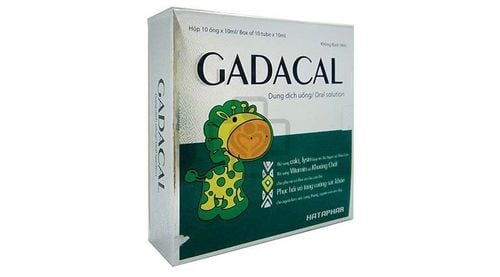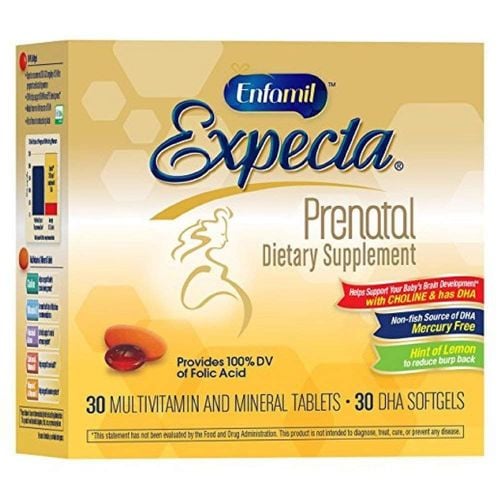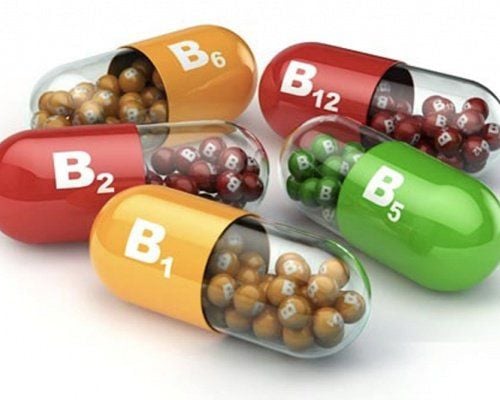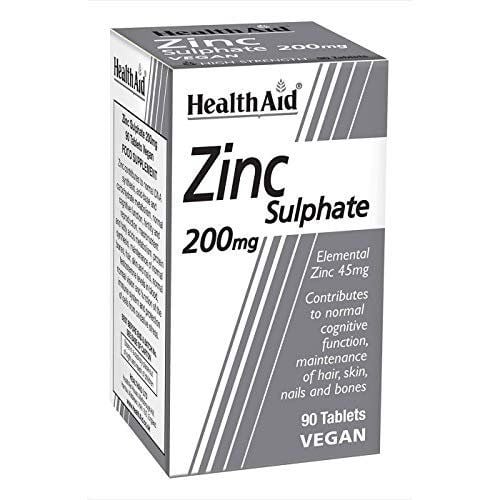This is an automatically translated article.
Zinc is an element that plays an important role in human biological processes, including growth, differentiation and cell metabolism. Zinc deficiency will limit the growth of young children and reduce the ability to fight infections. “How much zinc does a child need each day?” or “when should I take a zinc supplement?” This is a question that many parents are interested in.
1. What is the important role of zinc?
Zinc is an essential trace element, quite abundant in the human body. Zinc is found in the eyes, brain, pancreas, kidneys, liver, and adrenal glands. In 1963, zinc was recognized as one of the essential nutrients in humans.
The important roles of zinc include: Zinc is needed for insulin to work properly; Zinc participates in the synthesis of proteins and DNA; Bones and teeth need zinc for good mineralization. Zinc is needed to prevent birth defects in the unborn baby. Zinc is active in the exchange of carbon dioxide between the lungs and blood, and is also a part of enzyme function in the liver and intestines. Currently, zinc is not widely used to treat any health condition. It is only used to treat deficiencies caused by malnutrition or malabsorption problems in young children and adults.

Trẻ “cần bổ sung kẽm khi nào?” là thắc mắc được nhiều phụ huynh quan tâm
2. How much zinc does a child need each day?
According to recommendations, children 1 to 3 years old should get 3 mg of zinc per day, children 4 to 8 years old should get 4 mg per day, and 9 to 13 years old should get 6 mg per day. This can be achieved through a healthy diet or zinc supplementation with supplements.
Children need to eat foods containing zinc every day because the body cannot store this trace element. In addition, parents can also give their children zinc supplements, but it is necessary to learn carefully because zinc has many different dosages and forms. Two of the main forms are zinc sulfate and zinc gluconate. Zinc sulfate contains higher levels of zinc (23% per 100 mg) than zinc gluconate (14.3% per 100 mg).
3. When do children need zinc supplements?
Parents may consider giving their children zinc supplements according to the recommended dosage if their child has a zinc deficiency. Currently, zinc deficiency can occur in children with severe diarrhea or conditions that make it difficult to absorb food, cirrhosis of the liver, after major surgery or while using a feeding tube in the hospital.
Symptoms of zinc deficiency include: Slow growth, low insulin levels, loss of appetite, irritability, hair loss, rough skin, slow wound healing, poor sense of smell, diarrhea and nausea.
Oral zinc supplementation or intravenous (IV) zinc infusion helps restore zinc levels in zinc-deficient individuals. However, regular zinc supplementation for children is not recommended.

Cha mẹ cần biết trẻ cần bổ sung kẽm khi nào để bổ sung phù hợp nhất
4. Zinc supplements for children
Oysters contain more zinc than any other food, but children often do not like this food. Zinc can also be found in kid-friendly foods like beef, pork, cashews, chickpeas, cheese, oats, almonds, peas, shrimp and crab...
In case you have given your child enough zinc-containing foods, but your child is still not getting the required amount of zinc, consult your doctor about some specialized multivitamins for children, to help supplement zinc daily. The right zinc supplement, the right dose will help stimulate the comprehensive development of children.













